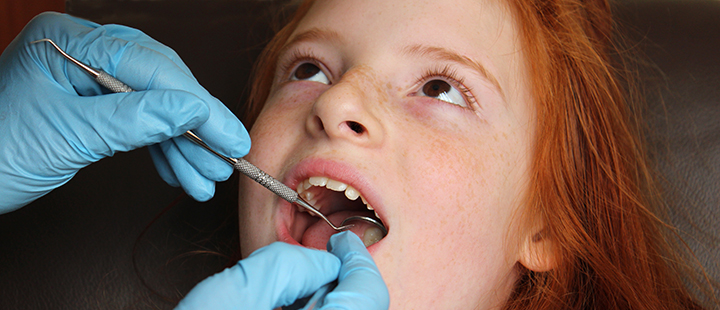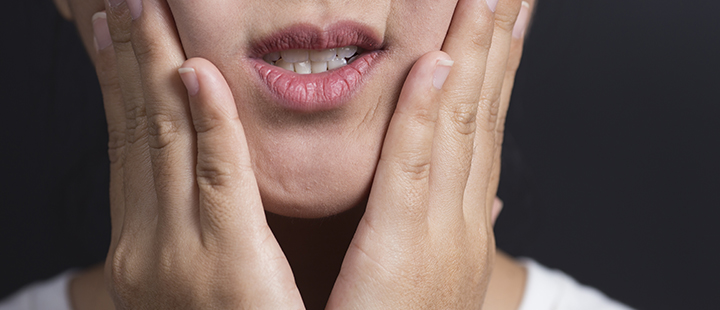Troubled by the thought of what could happen to your mouth as you age? Don’t let old wives’ tales and stereotypes get the better of you! Time can take a toll on the most able-bodied of individuals, but you may be surprised by how much control seniors retain over their dental destiny. Read on to get the facts on common claims about elderly teeth and gums.
“Teeth become weak and brittle due to age.”
Teeth chip, crack and/or suffer enamel damage not due to aging, but because of negative habits left unchecked over time. Everything from constant teeth grinding, to excessive intake of acidic foods and improper brushing can take a serious toll on teeth, leaving them vulnerable to damage. With proper care, teeth can remain strong and healthy for a lifetime.
“Losing teeth is inevitable.”
Similar to the claim above, it is simply not true that dentures are inescapable in your later years. Severe tooth decay and gum recession, both common contributors to tooth loss, can be avoided by brushing and flossing as directed by your dentist, and visiting your dentist regularly. Being proactive about dental care can provide you with treatment options before it’s too late. If the problem is tooth decay, for instance, catching it early can mean the difference between a filling or root canal, and a complete tooth replacement.
“You don’t need to visit the dentist if you have dentures.”
Even if you sport dentures in place of natural teeth, you still need to go to the dentist regularly. Dentures wear down over time, and eventually need to be reshaped to avoid causing speech or chewing difficulties. Your dentist can also help detect, prevent and/or address larger oral health complications, whether it be oral cancer or dental side effects to common medications.
“As you become older, your mouth starts to feel dry.”
There is no evidence that points to age as a direct cause of dry mouth. The more likely reason that dry mouth (or Xerostomia) appears correlated with age may be due to an increase in prescription medications or to another health condition. There are hundreds of commonly prescribed medicines known to cause dry mouth, and it can also be brought about by nerve damage, or open-mouthed breathing due to a nasal obstruction.
“The state of your oral health has nothing to do with your overall health.”
Placing oral health low on your priority list can prove costly. With chewing being one of the mouths’ primary functions, neglecting it can affect your range of food choices, thus contributing to a nutritional imbalance or deficiency. Disregarding dental care can also cause you to overlook serious diseases and other health conditions, many of which manifest themselves in your teeth, gums or throat. Routine exams and proper at-home hygiene are simple ways to preserve your oral health and that of your body.
Get Answers from Your Dentist
For any questions or concerns regarding your dental health, talk to your dentist. He or she can easily verify whether dental claims are true or false, and provide you with an optimal treatment plan based on your unique needs.





No comment